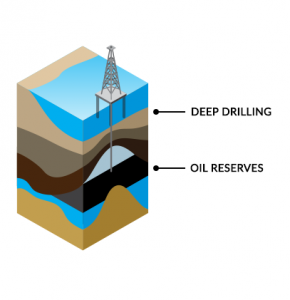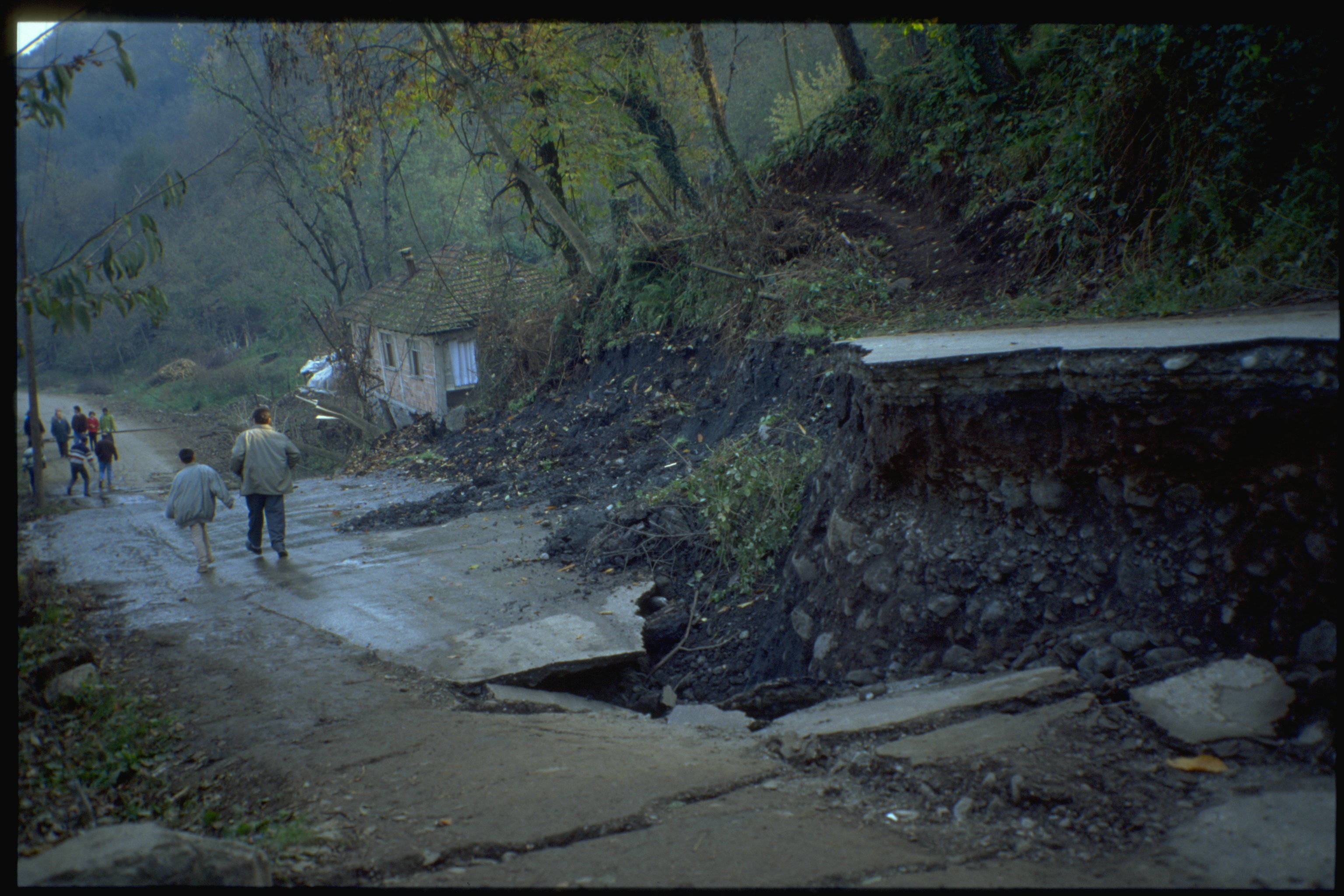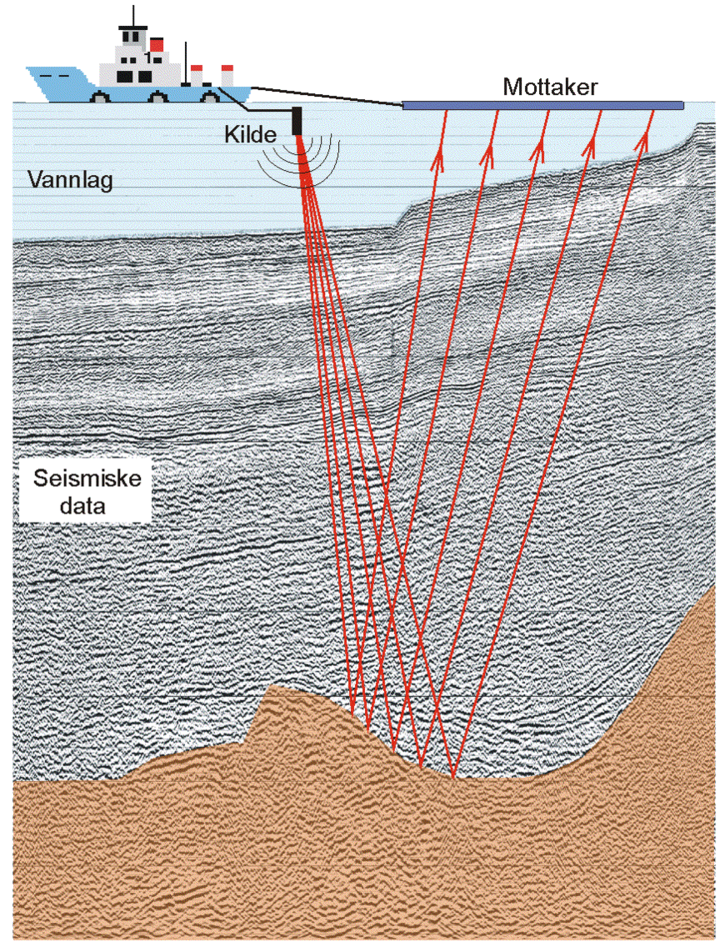All Categories
Featured
Table of Contents
Working As A Geophysicist And Oceanographer In Canada in Hovea Australia 2023

Other possible geophysicist majors that aren't geophysics or geoscience consist of: Climatic sciences and meteorology Chemical and physical oceanography Earth science Environmental science Hydrology and water resources science Products science By earning any geophysicist degree, and by taking the needed geology courses, you ought to get approved for an entry-level position as a geoscientist or geophysicist.
Eventually, students should discover: a branch of geology that looks at the different aspects of minerals, consisting of chemical composition, internal crystal structure, and physical properties. the study of rocks and the processes and conditions that form and transform them gradually. There are a few subdivisions in this branch of geology, including igneous, metamorphic, and sedimentary rocks.

This field analyzes structural rock functions such as cleavage, faults, joints, and little folds. They need to likewise find out the computer system abilities necessary to: analyze data develop digital designs and maps run geoscientists' software application Trainees need to also make the most of all chances to acquire real-world experience. Hopeful geophysicists must expect to hang around knowing: in the class in the field in labs Obviously, skills taught in the class are very crucial for aiming geophysicists.
Your Degree In Geophysics in Cannington WA 2023
Geoscientists spend a lot of their time outside when working in the field, so they should possess "outside skills" like outdoor camping and operating boats, airplane, and other cars. Due to the fact that they spend a lot time in remote places, it's necessary that geophysicists likewise have the physical endurance to bring required devices on their hikes to areas of study.
The job offers: a high typical and leading incomes a high rate of individual complete satisfaction among geophysicists low work stress positive job outlook More information on earnings potential and task outlook is detailed below. For trainees looking to land an entry-level function as a geoscientist or geophysicist, it takes four years, or the time needed to complete a bachelor's degree in geophysics or an associated discipline.
Some research positions in geophysics require doctoral degrees. If you plan to teach at a college or university, you need to make a Ph. D. in geophysics or an associated field. The time it takes to earn a Ph. D. varies by institution and program, but it usually takes four to 6 years beyond the bachelor's degree.
Mining Geophysicist Profile in Girrawheen Oz 2020
The majority of companies need prospects to have a bachelor's degree in geophysics or a closely related discipline for all entry-level positions. As a result, there's no method around the degree requirements for becoming a geophysicist.
Currently, 31 states require licensing for geologists, although licensing is not always required, specifically for entry-level work. The states that do issue licenses utilize the Principles of Geology Test (FGE), which is administered through the National Association of State Boards of Geology (ASBOG). Now that you understand which degree for geophysicist jobs you need, you'll require to land a job, and it is essential to discover just how much cash you can make in this profession.
According to BLS, the mean annual wage for geoscientists is $93,580. According to BLS, particular markets provide greater incomes for geoscientists, and in some cases, they use higher-than-average incomes.
Geophysical Surveys: Definition & Methods in Iluka Oz 2020
In truth, mining, quarrying, and oil and gas extraction uses over $32,000 more each year than the average annual wage for this profession. The federal government, too, provides over $10,000 more in earnings than the national average for geoscientists. In addition to industry type, geographic area can significantly impact earnings for this profession.

The top-paying states and their annual mean wages, according to the BLS, consist of: Texas $166,720 Oklahoma $149,630 Pennsylvania $120,590 Hawaii $120,130 Colorado $107,260 These five top-paying states provide much higher incomes than the average for this profession. Wages for geoscientists in Texas are over $73,000 higher than the nationwide average.
It should come as not a surprise that most of these high-paying areas remain in Texas and Oklahoma, however some are discovered in California, Louisiana, and Colorado. The top 10 highest-paying city locations for geoscientists are: Houston-The Woodlands-Sugar Land, Texas: $188,400 Tulsa, Oklahoma: $186,490 Midland, Texas: $167,040 Odessa, Texas: $147,080 Oklahoma City, Oklahoma: $145,350 Bakersfield, California: $130,080 Urban Honolulu, Hawaii: $124,470 New Orleans-Metairie, Louisiana: $121,030 Washington-Arlington-Alexandria, DC, VA, MD, WV: $120,180 Denver-Aurora-Lakewood, Colorado: $116,910 For some geoscientists and geophysicists, living in a metro city is not as enticing as living in a smaller sized community.
Table of Contents
Latest Posts
Glad You Asked: What Are Seismic Surveys? in Mt Helena Oz 2023
Geophysical Survey Services - Geophysical Test Methods in East Fremantle Oz 2021
Marine Geophysical Surveying - in Butler Oz 2021
More
Latest Posts
Glad You Asked: What Are Seismic Surveys? in Mt Helena Oz 2023
Geophysical Survey Services - Geophysical Test Methods in East Fremantle Oz 2021
Marine Geophysical Surveying - in Butler Oz 2021